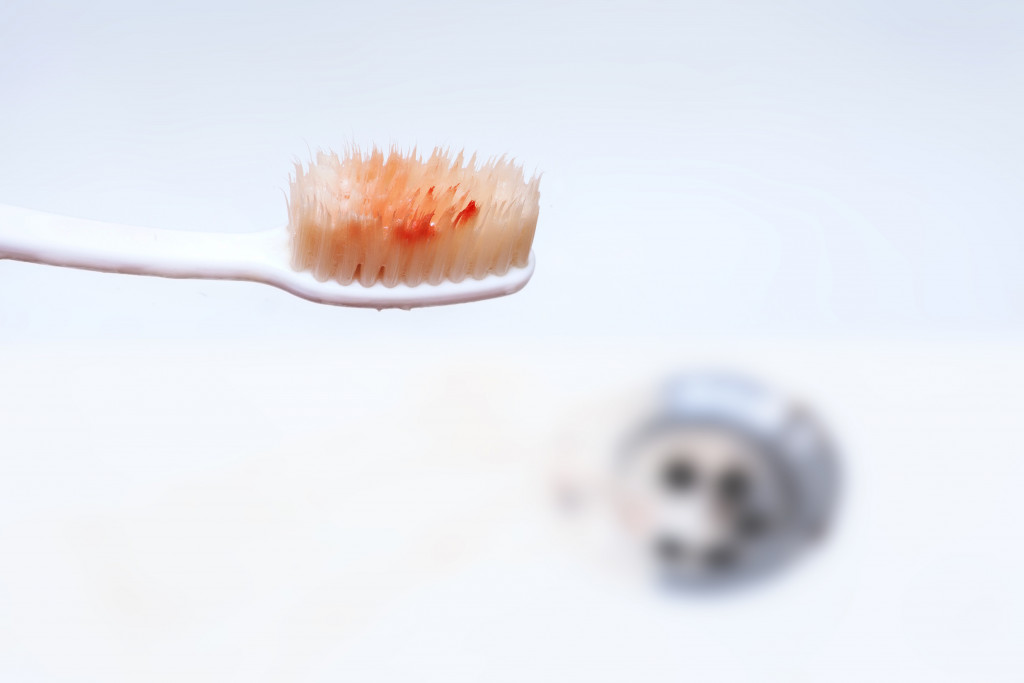• Common dental problems include toothache, cavities, chipped/broken teeth, bleeding gums, and swollen jaws.
• Observing proper oral hygiene, limiting sugary foods and drinks, quitting smoking, and visiting the dentist regularly effectively prevent dental health issues.
• Tooth sensitivity may be due to decay, gum recession, or exposed nerves and should be treated by a dentist.
• Look for professionals who are highly skilled and experienced in offering preventive, restorative, and cosmetic dental services.
Dental problems can arise at any time and can be very discomforting. More often than not, these problems require immediate attention to avoid further complications. Unfortunately, many people do not know what to do when they experience dental health problems. Explore what you should do if you encounter dental health problems so that you can make informed decisions.
Common Dental Problems
Dental problems are sometimes caused by poor oral hygiene; other times, they can be due to trauma or genetic factors. Here are some of the common dental problems that you may experience or have experienced in the past:
Toothache
Toothache is one of the most common dental health problems that people experience. This is easily overlooked since, most of the time, a toothache can be managed with over-the-counter painkillers or home remedies. However, if the pain persists for more than two days, you should seek professional help from your dentist. If you have a toothache, it indicates a problem with your teeth or gums, such as an abscess or decay.
Cavities
Cavities are holes in the surface of your teeth that develop from tooth decay due to bacteria buildup. These are caused by poor oral hygiene and eating too many sugary foods or drinks. If you experience tooth sensitivity or pain, it could indicate cavities.
Broken or Chipped Tooth
If you break or chip a tooth, seeing your dentist as soon as possible is important, even if the damage is minor. A chipped or broken tooth can expose your nerves, which makes them vulnerable to infections or severe pain.
Bleeding Gums

Bleeding gums or gingivitis is another common dental health problem. Bleeding or tender gums are usually caused by bacteria buildup and poor oral hygiene but can also indicate an underlying medical issue. Early signs of gum disease can manifest as redness, swelling, pain, or bad breath.
Swollen Jaw
A swollen jaw can indicate an abscessed tooth, an injury to the jaw, or a salivary gland infection. You may experience pain, tenderness, and swelling in the jaw. Additionally, you may experience fever, difficulty or pain when opening your mouth, and a metallic taste.
Tooth Sensitivity
Tooth sensitivity can arise from a variety of sources, like tooth decay, receding gums, and exposed nerves. You can try using toothpaste designed for sensitive teeth, but it is important to visit your dentist to identify the cause of the sensitivity. If left untreated, tooth sensitivity can lead to severe pain and tooth loss.
Preventing Dental Health Problems
The best way to treat dental health problems is to prevent them from happening in the first place. This means doing the following:
Observe Proper Oral Hygiene
One of the most important things you can do for your dental health is to observe proper oral hygiene. This involves brushing your teeth at least twice daily with fluoride toothpaste, flossing daily, and using an oral rinse.
Limit Sugary Foods and Drinks
One of the culprits of dental health problems is sugar. Too much sugar can cause tooth decay and cavities. This is because the bacteria in your mouth feed on the sugar and produce acids that can weaken your tooth enamel. Avoid sugary foods and drinks as much as possible. Also, make it a habit to rinse your mouth with water after consuming sugary foods and drinks.
Quit Smoking

Smoking can increase the risk of developing gum disease, which is caused by bacteria buildup around the teeth and gums. Smoking also gives you bad breath and stained teeth. Quitting smoking can help reduce your risk of gum disease and other dental health problems in the long run.
Visit Dentist Regularly
No matter how well you care for your teeth, visiting your dentist regularly for check-ups and cleanings is still important. This will allow them to detect any underlying problems, such as abscess or decay, and treat them before they worsen. Professionals from Crown Dental are highly skilled and experienced in providing preventive, restorative, and cosmetic dental services. They will also be able to advise on how to take care of your teeth and gums.
Dental health problems can be unpleasant and uncomfortable. However, following the tips outlined above, you can reduce your risk of developing dental health issues and ensure your teeth and gums stay healthy.


